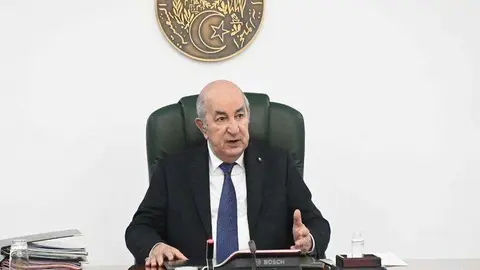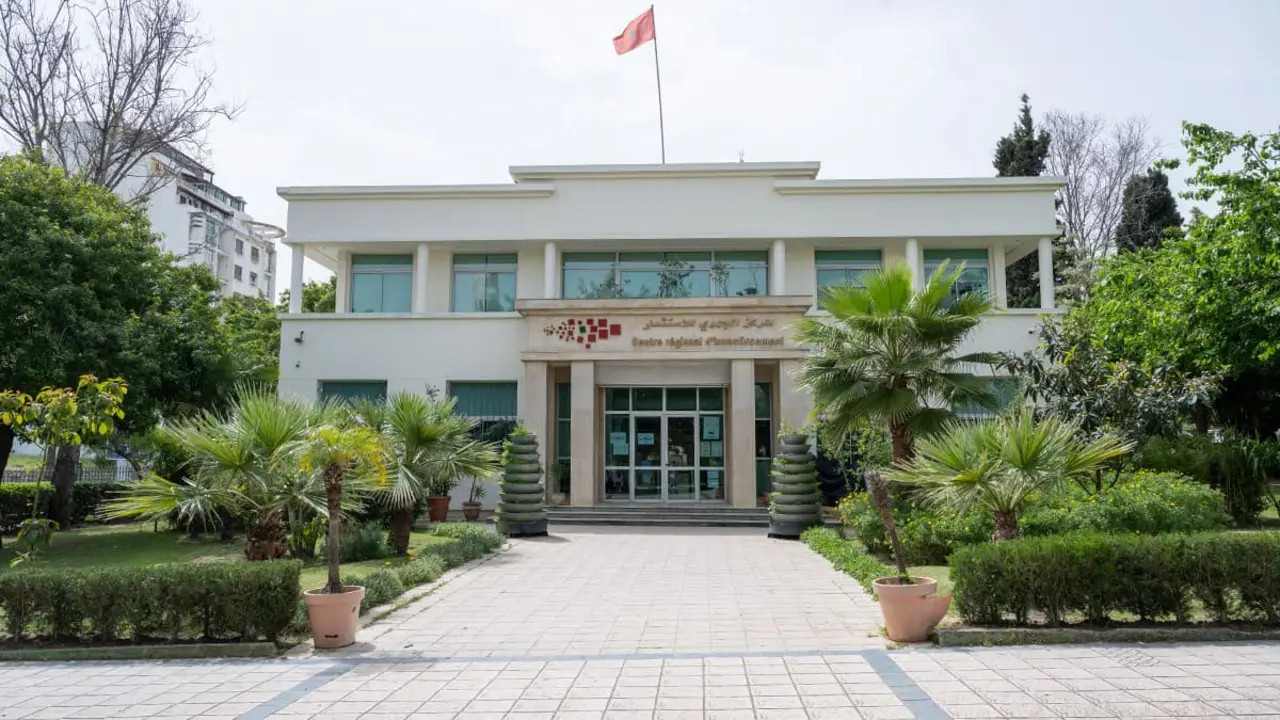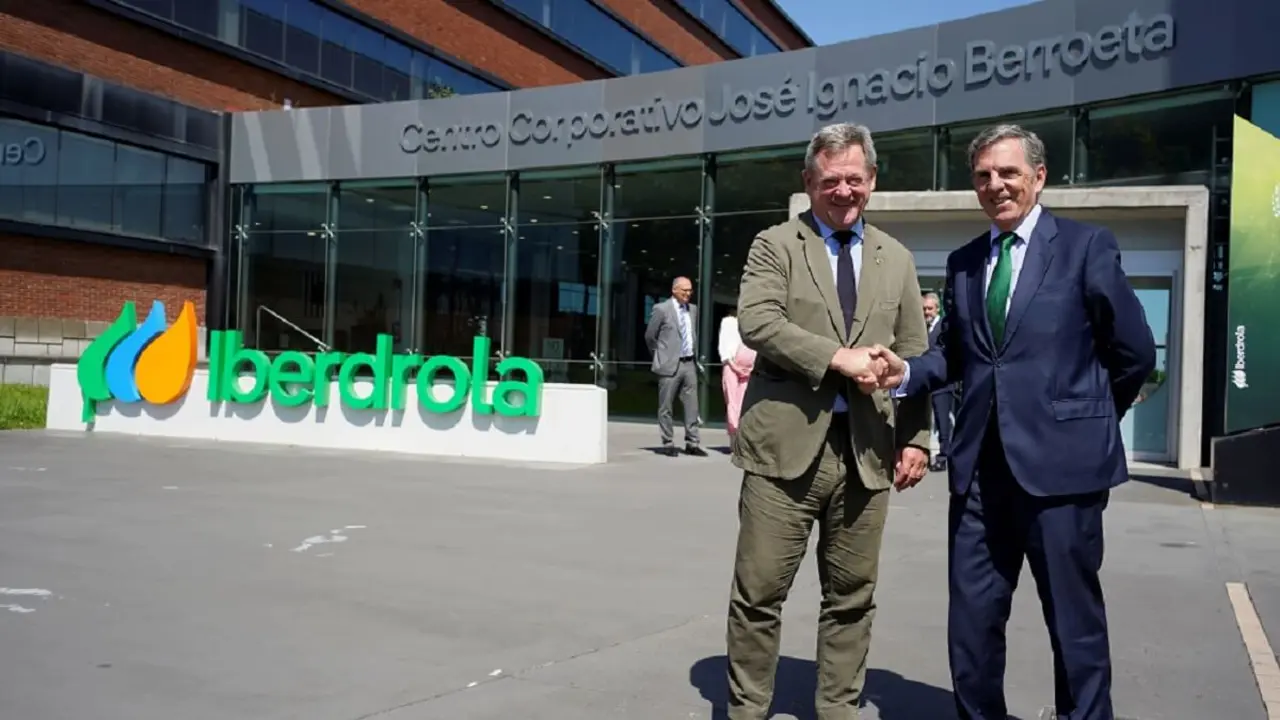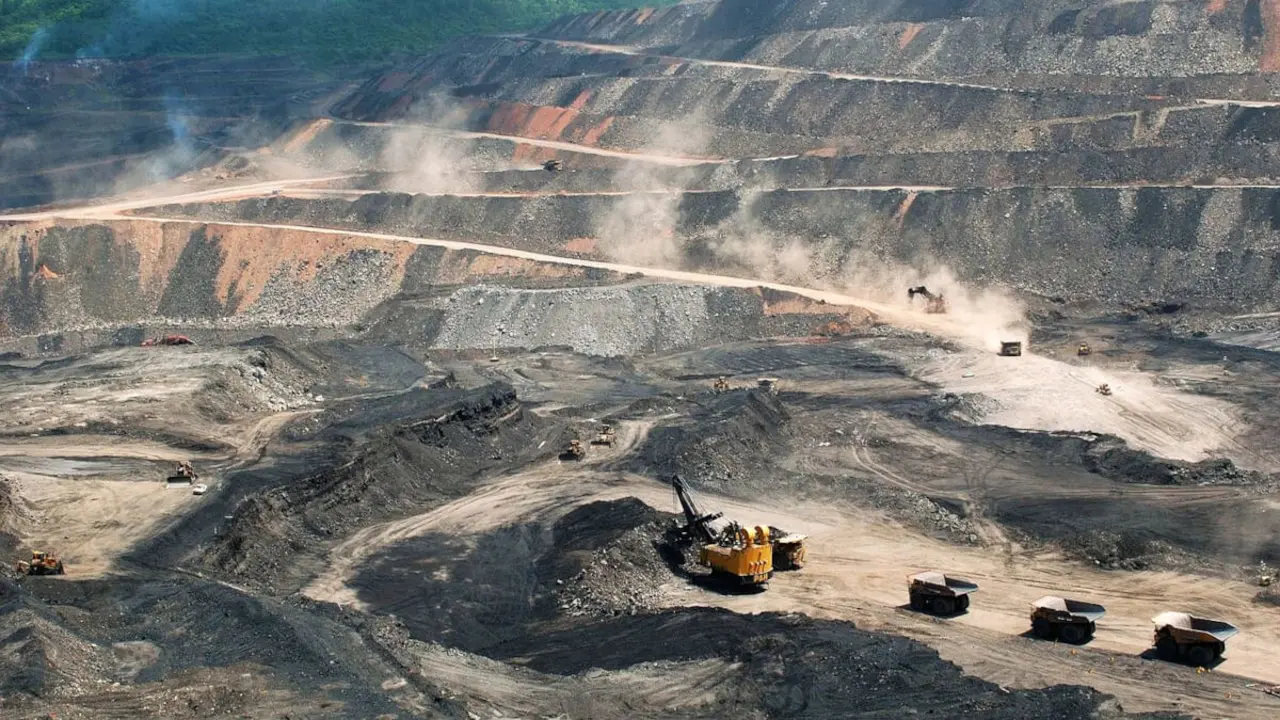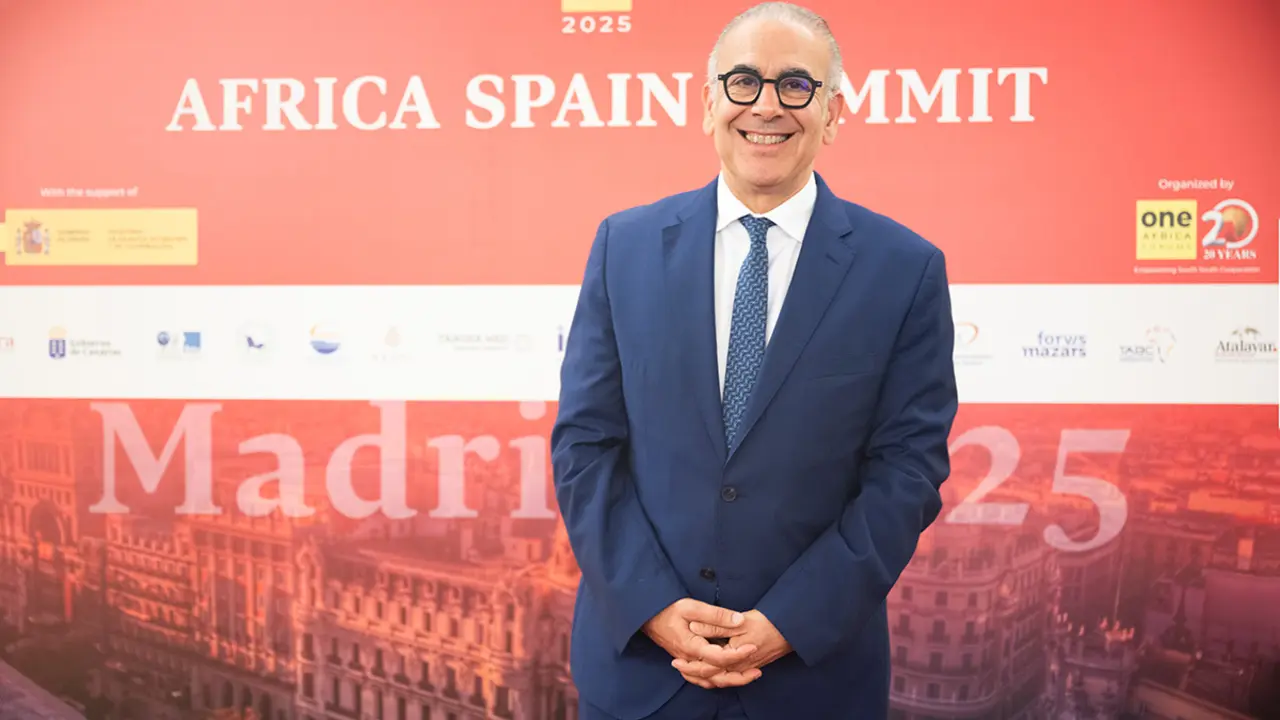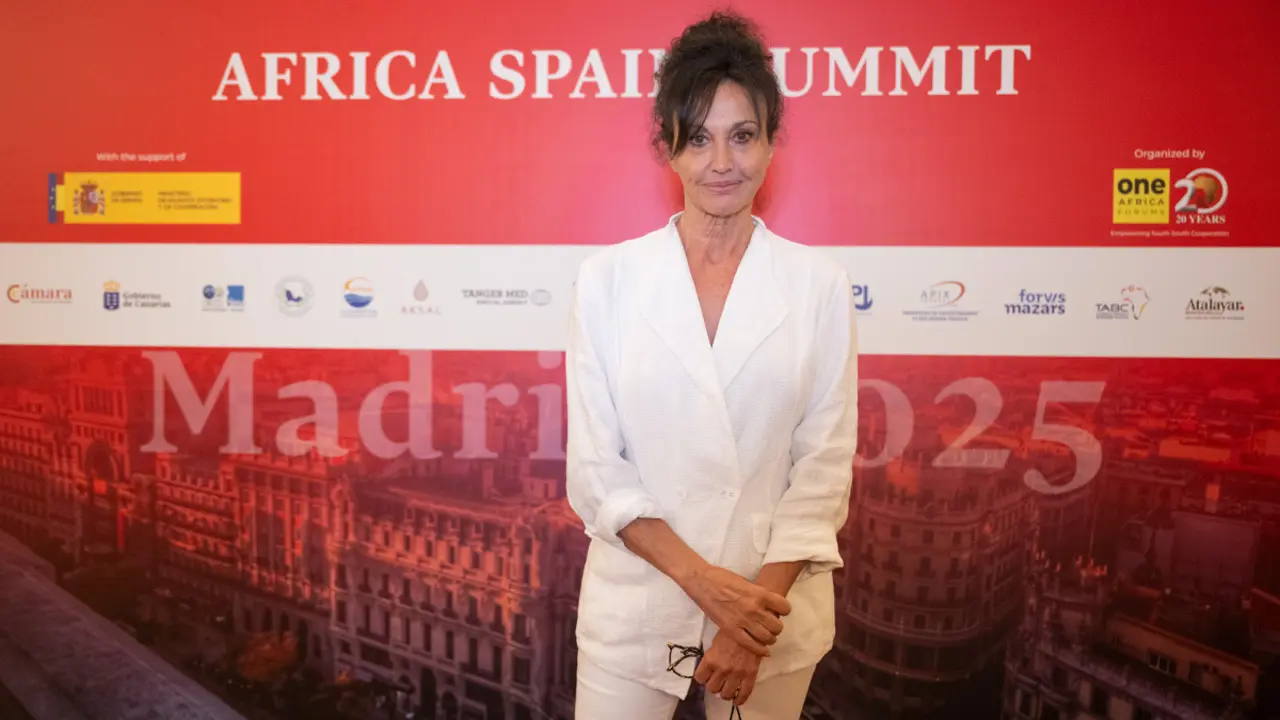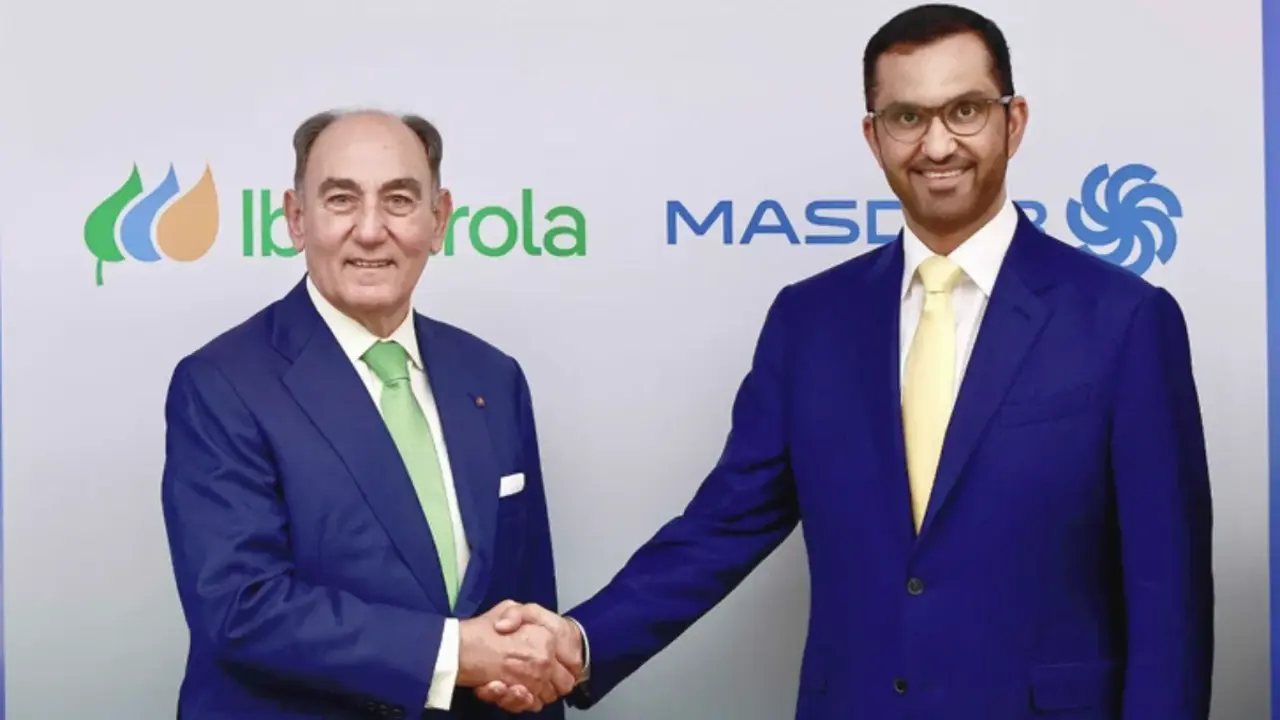New investment in the Morocco-Nigeria gas pipeline could speed up its construction

The National Office of Hydrocarbons and Mines (ONHYM) and the Nigerian National Petroleum Company (NNPC) are funding the Nigeria-Morocco gas pipeline, an ambitious $25 billion project that will start in Nigeria via Benin, Togo, Ghana, Ivory Coast, Liberia, Sierra Leone, Guinea Bissau, Gambia, Senegal, Mauritania, ending in Morocco. To secure a 50% stake in the project, NNPC CEO Malam Mele Kyari has announced that he will invest $12.5 billion to secure a half stake in the pipeline.
Although the project was announced in 2016, it was not until the energy crisis caused by the war in Ukraine and rising prices that it began to attract the interest of many states. At the end of 2022, ONHYM announced the signing of five Memoranda of Understanding in Rabat with countries such as Guinea-Bissau, Gambia and Sierra Leone that supported the construction of the pipeline. However, months later, the feasibility of the project is still under study, confirmed Nigerian Petroleum Minister Timipre Sylva.

As Africa's largest gas power, with reserves of 5.66 trillion cubic metres, Nigeria plans to supply around 3 trillion cubic metres of gas per day, a "strategic and successful project for all West African countries. A plan for peace, African economic integration and co-development that will be for present and future generations," says King Mohammed. The pipeline is also expected to contribute to development and peace, boosting the economic integration of the region through the expected cooperation between the states involved in the project.
The project will create prosperity in Nigeria, says Malam Mele Kyari, and will not only supply African countries, but will also provide a new export route to Europe through the Maghreb-Europe pipeline. To this end, Morocco will host 1,672 kilometres of pipeline, benefiting Portugal and Spain, which could reduce its dependence on Algerian gas. Although the EU's foreign policy chief, Josep Borrell, made a somewhat controversial statement for some, hinting that in the future the EU might not need gas: 'we have to consider when the pipeline will be finished, will we still want to use gas?

This is the biggest obstacle to the pipeline, its late construction, which has yet to set a start date. The truth is that the project requires a large investment, however, the CEO of NNPC states that there are investors "the world needs gas and they will finance it, we have substantial indications of closure around the financing". They are also looking at the environmental impact the pipeline would have on the area, as they see environmental protection and the possibility of creating a power plant in Kaduna and Kano as an important objective.
On the other hand, the NNPC has also focused its work on the border basins, specifically in Kolmani, where large oil reserves have been found, estimated at one billion barrels, which will be important for European energy markets. To this end, the pipeline network is being completely rehabilitated, as the current pipelines can only transport crude oil up to a certain level. The aim is to transform the oil and gas industry in Nigeria, becoming a company that does not demand public funds and complies with market practices and the requirements of the Companies and Allied Matters Act, accountability to shareholders and transparency, meeting the goal of "net zero" by 2060, which will seek a cleaner use of oil.

